Congratulations to the recipients of the 2023 Early Career Researcher Award in Cancer
The Early Career Researcher Award in Cancer recognizes research excellence in the field of cancer research at the early career researcher level. It is awarded to the highest-ranked applications in the Project Scheme competition that fall within the Institute of Cancer Research (ICR) mandate. The Institute is proud to support early career researchers and their innovative projects. Congratulations to the six recipients of the 2023 Early Career Researcher Award in Cancer!
Learn more about the awardees:
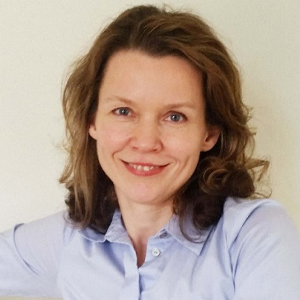
Dr. Dalia Barsyte-Lovejoy, University of Toronto
Dr. Dalia Barsyte-Lovejoy is an Assistant Professor at the Department of Pharmacology and Toxicology and Principal Investigator at the Structural Genomics Consortium at the University of Toronto. Her research focuses on understanding how epigenetic regulators control cancer cell survival and drug resistance with the goal of identifying inhibitor compounds to target cancer and provide new therapeutics.
Project funded: Targeting protein arginine methylation in the 9p21.3 loss tumor microenvironment
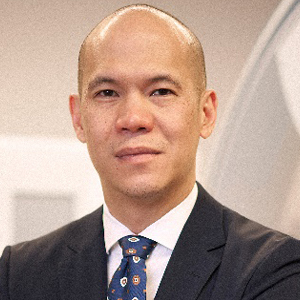
Dr. Yen-I Chen, McGill University Health Centre
Dr. Yen-I Chen is an Assistant Professor of Medicine in the Division of Gastroenterology and Hepatology at the McGill University Health Centre. He specializes in advanced therapeutic endoscopy and is a clinical investigator supported by the Fonds de Recherche du Québec – Santé (FRQS). His research program focuses on improving the endoscopic management of pancreatic cancer through novel technologies and techniques with a special interest in endoscopic anastomosis.
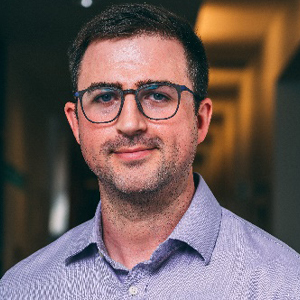
Dr. Shane Harding, University Health Network
Dr. Shane Harding received his PhD from the University of Toronto and did a Postdoctoral Fellowship at the University of Pennsylvania. His laboratory was established at the Princess Margaret Cancer Centre in 2018, where he now Chairs the Cancer Biology and Imaging program. The Harding Laboratory focuses on the cellular response to DNA damage during both oncogenesis and cancer therapies.
Project funded: Micronuclei as integrators of cellular DNA damage responses
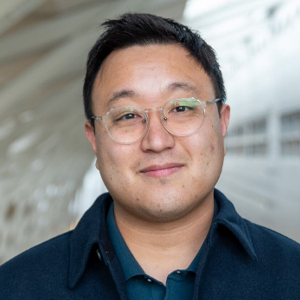
Dr. Jongbok Lee, University of Calgary
Dr. Jongbok Lee is an Assistant Professor at the Cumming School of Medicine, University of Calgary. As an immunologist keen on translational research, Dr. Lee focuses on developing innovative cancer treatments. His work with a unique subset of T cells, double-negative T cells (DNT), aims to target cancer cells selectively while sparing normal cells, revealing promising mechanisms for safer therapeutic strategies and better understand the biology of DNT.
Project funded: Investigating how double-negative T cells affect anti-leukemic and GvHD-inducing activities of conventional T cells
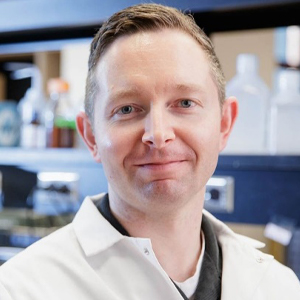
Dr. Joel Pearson, University of Manitoba
After completing his PhD at the University of Alberta, Dr. Joel Pearson pursued postdoctoral training at the Lunenfeld-Tanenbaum Research Institute in Toronto. In September 2022, he was recruited to the Paul Albrechtsen Research Institute at CancerCare Manitoba and the University of Manitoba. There, his research program focuses on uncovering the molecular mechanisms underlying the genesis, progression and evolution of neuroendocrine cancers, such as small cell lung cancer.
Project funded: Identifying strategies to therapeutically target the unique epigenetic landscape of small cell lung cancer
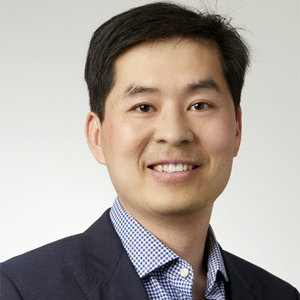
Dr. Yuan Xu, University of Calgary
Dr. Yuan Xu is an Assistant Professor in the Department of Oncology at the University of Calgary. He earned his MD from Capital Medical University in Beijing and a PhD in Epidemiology from the University of Calgary. Dr. Xu’s research focuses on developing methods to leverage multidimensional health data including electronic health data and administrative data to generate real-world evidence to support medical decision making at the health-system and point-care levels in cancer care.
- Date modified: